Financial literacy is simply the knowledge that is required to make effective financial decisions. It includes everything from deciding whether you can afford your home furniture to knowing how much to save every month in order to retire comfortably. Personal financial planning, however, to a large extent is an application of your knowledge in finance to better manage your money. It will help you make the most of what you have so you can live the life you’ve also wanted. Although being financially literate helps you plan effectively, it is not required to be successful at planning your finances – “Personal finance is 80% behavior and 20% head knowledge”, Dave Ramsey. The most important requirement is, sticking to your plan. In the coming months, we will go through a step-by-step approach to planning your finances so you can save enough to cater for the things that matter to you. In this post, we will introduce the concept of financial planning and give you some tips to help you effectively plan your finances.
It is important to make sure that you are constantly saving for the things that matter to you regardless of where you are in life and the surest way to save enough is PLANNING. Unfortunately, many people in our part of the world do not see the need to plan their future mainly because we have not developed a culture of planning ahead. Also, our plans often become obsolete at some point in the future because we do not make a conscious effort to stick to it over time.
But, planning does have benefits. Alan Lake once said, planning is bringing the future into the present so you can do something about it NOW. Thus failing to plan is planning to fail. Planning will help you clarify your most important priorities. In retirement for instance, you will be faced with the challenge of spending your accumulated savings to fulfill your retirement expenses while ensuring your savings last the rest of your life. This is where you need to plan so you can fulfill both effectively. A plan can help you build a balanced life. From a personal financial planning perspective, planning forces you to budget, get out of debt, save, help you prepare well for your financial goals including, retirement and also gives you peace of mind.
Here are some ways to plan effectively:
- Understand what you can realistically achieve with the resources available to you. It is important you keep it simple and flexible.
- Make your plan self-motivating. If you have a plan that constantly makes you feel deprived, chances are you won’t be motivated to stick to it in the long term.
- Make your plans easy to measure so you can easily measure your progress.
- Discuss your plans with a professional. Seek their assistance to go through your plan thoroughly and come out with the best way to execute it.
In our next post, we will talk about your emergency fund and why you need one.
What do you think about this post? Share your thoughts in the comment section below.


